Secrets of the mountain G.O.A.T.s
What does it take to excel as a climber? We asked a selection of mountain GOATs – greatest of all time in their respective uphill specialism, from one minute to two full days
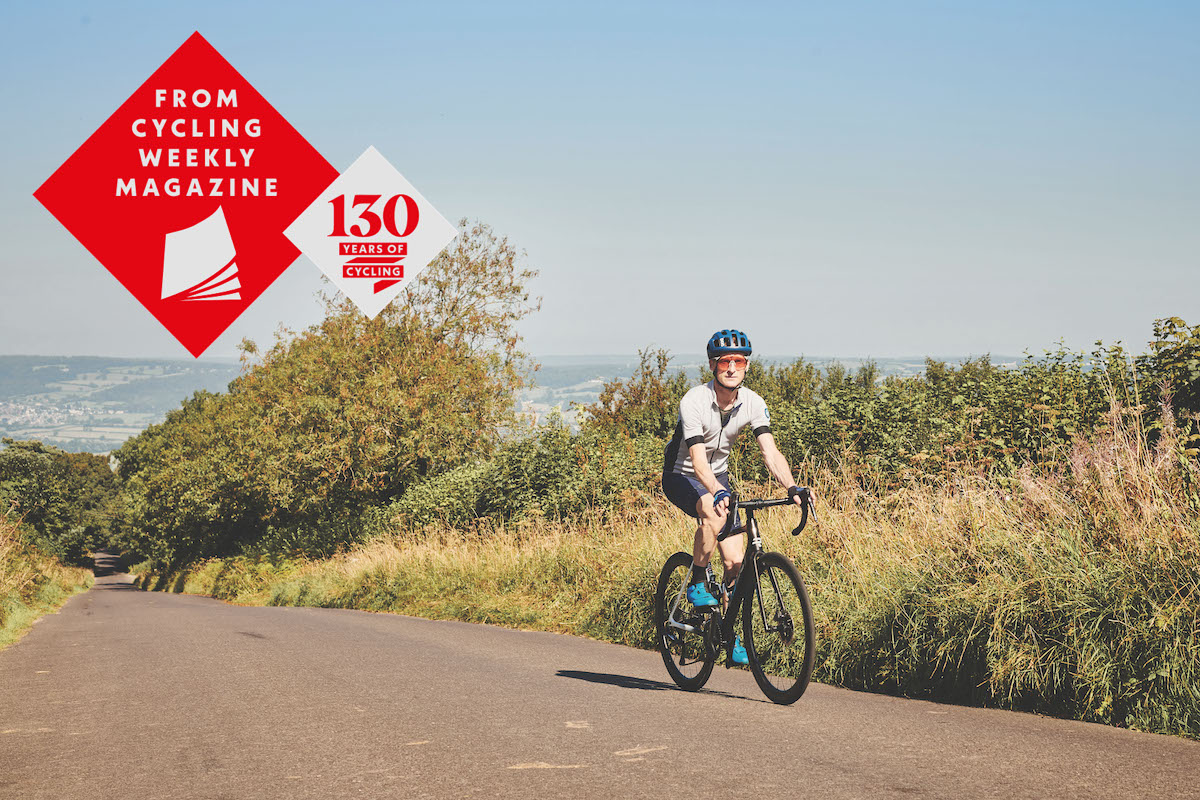

Stripped down to bare physics, climbing success is a simple formula: produce the maximum possible number of watts for every kilo you’re carrying. But that tells us nothing about the texture and particulars of the human stories behind the stats and palmares of those men and women who have carved out their place as some of the greatest climbers in cycling.
From them, we can learn, if not how to become a mountain G.O.A.T. ourselves, then at least how to work on and improve that part of our riding. CW caught up with a selection of exceptional climbers, from a one-minute specialist to the 48-hour record holder, to find out how defying gravity to go fast uphill is far more than an exercise in pie-dodging and masochism. Consider this a cornucopia – literally, a goat’s horn overflowing with blessings – of climbing wisdom!
>>>>Subscribe to Cycling Weekly magazine and get more great fitness features
Alan Colville: The ultra climber
Mountain biker turned ultra-climber Alan Colville, 50, turned his attention to Everesting as lockdown took hold last year. Realising he had a talent for epic-duration climbing, he took it one step further and in September this year set a new world record for elevation gained in 48 hours.
Starting late need not hold you back
Where I grew up in Tipperary, in Ireland, there was no grassroots cycling infrastructure, so I came to it incredibly late. I didn't start until 2007 [aged 36], while in New Zealand, when a friend put me on a mountain bike, threw me onto a descent, and I absolutely loved it. By 2010 I was finishing inside the top 20 in the UK national XC series.
You can bounce back even from terrible setbacks
Get The Leadout Newsletter
The latest race content, interviews, features, reviews and expert buying guides, direct to your inbox!
In 2011, I got hit by a 3.5-ton scaffolding truck from behind while cycling to work. It lacerated my kidney and liver, broke my back in two places, and I lost the use of my right gluteus maximus [buttock muscle]. Medical specialists told me I’d never compete again, and I was on my back for six months. The fabric of my identity as a competitive cyclist was being unpicked, but I had a photo on the wall of me competing in the national XC series, and I was determined to get back there. Once finally back on my bike, I discovered that the loss of the right glute, though it affected me on the flat, wasn’t such a big deal on the climbs.
Maryka Sennema: The hat-trick hill-climb champion
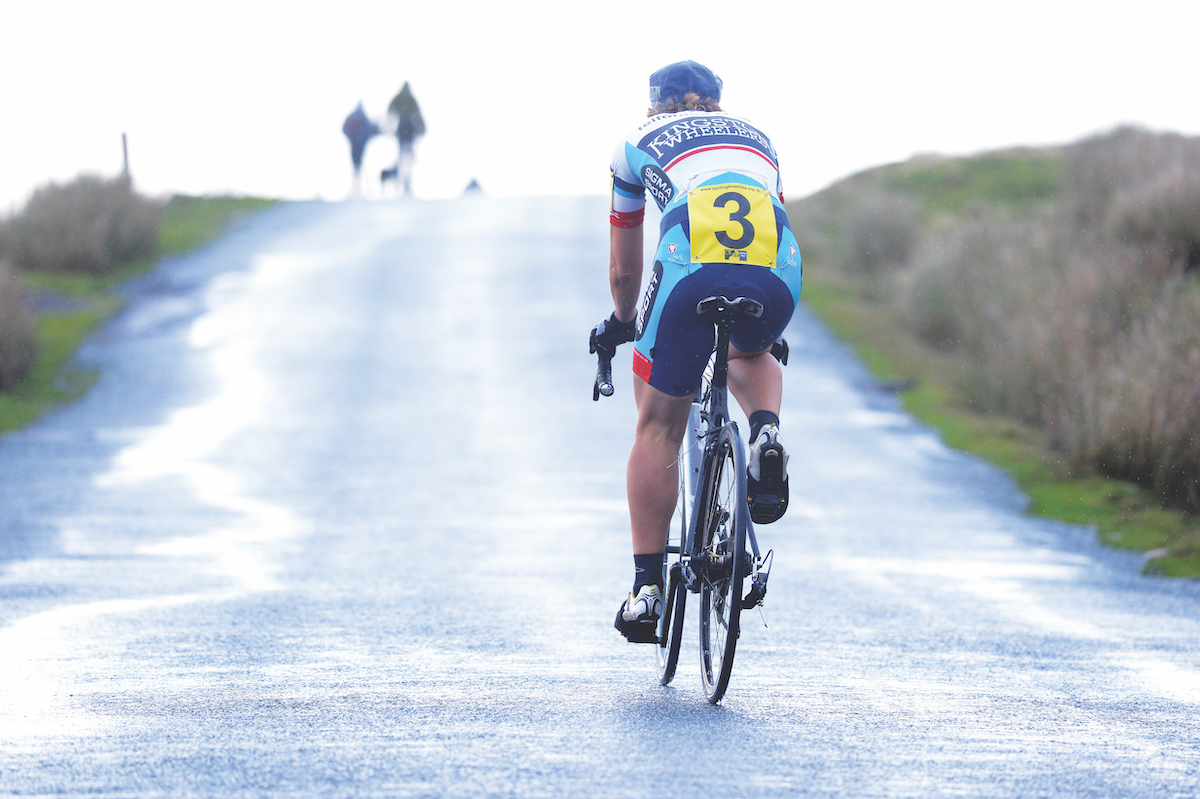
Picture by Andy Jones
Master of many disciplines Maryka Sennema, 47, won the British national hill-climb championships three times in a row, from 2013 to 2015. She has also won age-group titles in road race and crit series. These days, she prefers to race off-road in cyclocross and MTB.
You don’t need to start young
I came to cycling later in life. Having grown up in Canada, I moved to the Netherlands in 2005 and competed as a triathlete. The Dutch being great cyclists, I got much more into cycling and realised I was better at it than I was at swimming and running – but I didn’t realise I was good at hills until moving to England in 2008, aged 34. Once I joined a club and started doing some rides in the Surrey Hills, I was beating quite a few men and realised I was quite good uphill.
You don’t have to love it
Hill-climbing has been a bit of a love/hate thing for me. I always say that the only reason I ever did it was because I was good at it. It's so painful and such a mental as well as physical effort to race them. I committed to them because I was committed to winning – and winning as often as I could. The funny thing is, since I stopped doing them, I've completely gone off them!
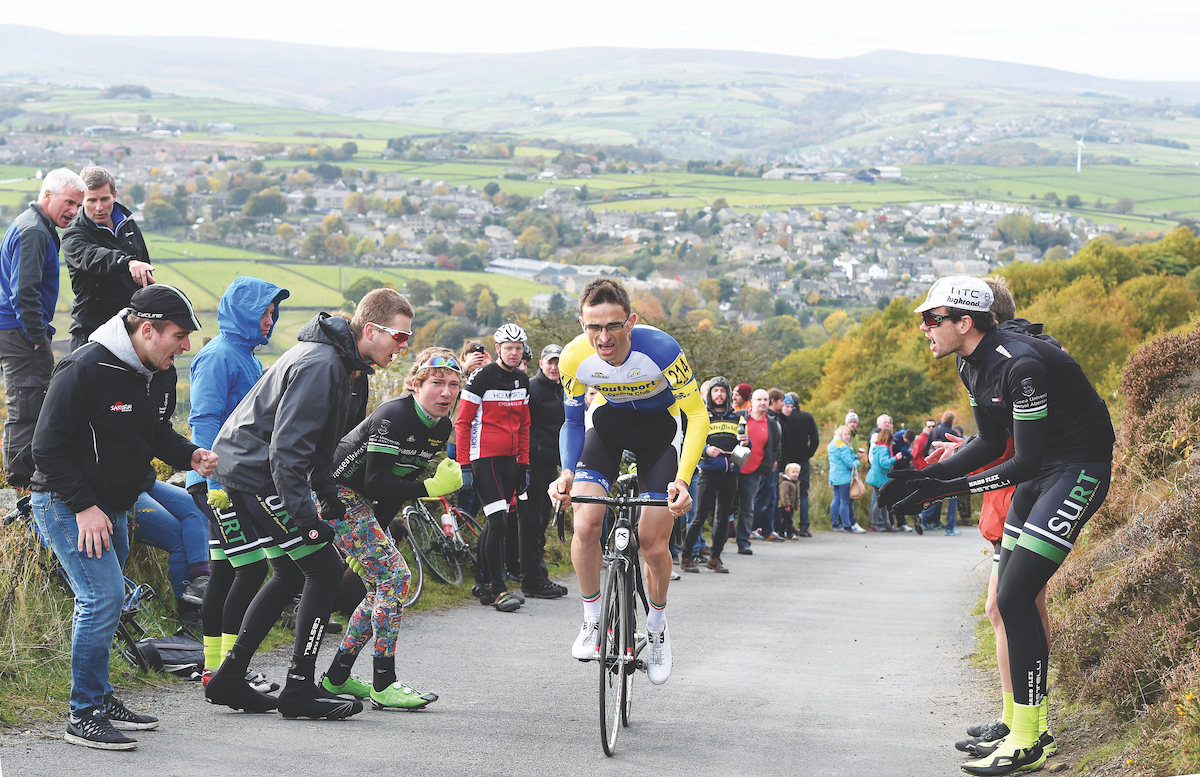
Picture by Andy Jones
Jim Henderson The 5x hill-climb champion
Jim Henderson is one of only two riders to have won the British Hill-Climb Championships on five occasions (the other being Stuart Dangerfield). The 48-year-old won his titles between 1998 and 2003, and though he came out of retirement in 2015 and raced two events this autumn, the Southport rider has no more plans to return to competitive action.
Commit to the hurt game
To rationalise what was coming up, I’d think that it was only going to be horrible for three minutes, so get on with it. At the start, you’re thinking of the 180 seconds of murder coming up and how brutal it is going to be, but you’ve got to treat it like a kilo race. I’d look at a house, then a spectator, then a telephone pole and constantly give myself little carrots to chase that were only 10 seconds away.
Road racing helps climbing form
A normal race would last three hours, and I found that that helped my climbing, because there were always frequent climbs, or chasing attacks, during races. It conditioned me into going hard for what is a relatively short period of time. With road racing, if you didn’t put the effort in, you’d be dropped and out of the race, so it forced you to go deep. That helps the mind in tough moments when you’re hurting all over and the body is burning.
You can read the full feature in the November 4 issue of Cycling Weekly magazine, on sale in store and available to order online. You can subscribe to Cycling Weekly magazine, save on the cover price and get it delivered to your door each week.

Thank you for reading 20 articles this month* Join now for unlimited access
Enjoy your first month for just £1 / $1 / €1
*Read 5 free articles per month without a subscription

Join now for unlimited access
Try first month for just £1 / $1 / €1
A freelance sports journalist and podcaster, you'll mostly find Chris's byline attached to news scoops, profile interviews and long reads across a variety of different publications. He has been writing regularly for Cycling Weekly since 2013. In 2024 he released a seven-part podcast documentary, Ghost in the Machine, about motor doping in cycling.
Previously a ski, hiking and cycling guide in the Canadian Rockies and Spanish Pyrenees, he almost certainly holds the record for the most number of interviews conducted from snowy mountains. He lives in Valencia, Spain.
-
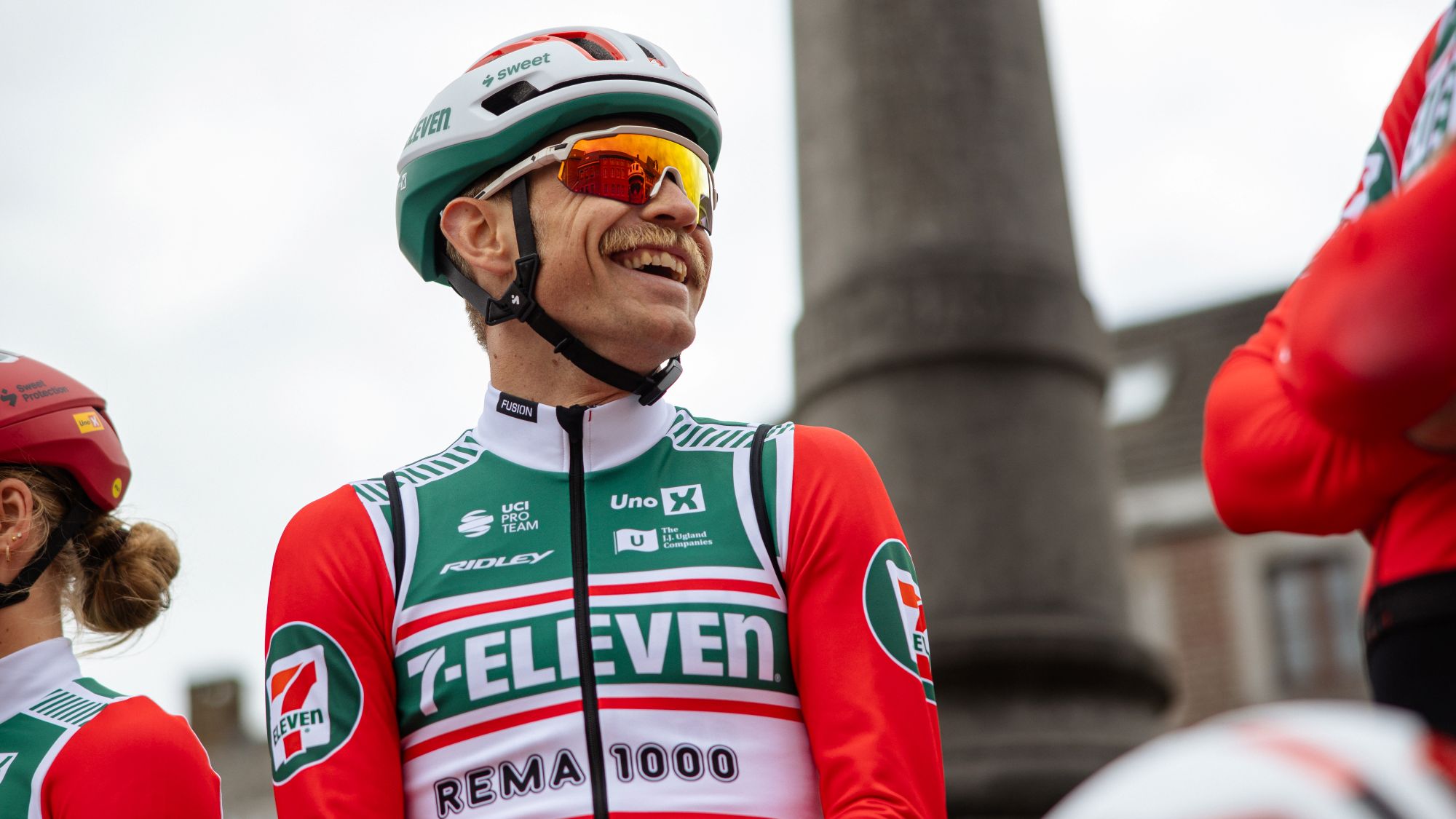 7-Eleven returns to the peloton for one day only at Liège-Bastogne-Liège
7-Eleven returns to the peloton for one day only at Liège-Bastogne-LiègeUno-X Mobility to rebrand as 7-Eleven for Sunday's Monument to pay tribute to iconic American team from the 1980s
By Tom Thewlis
-
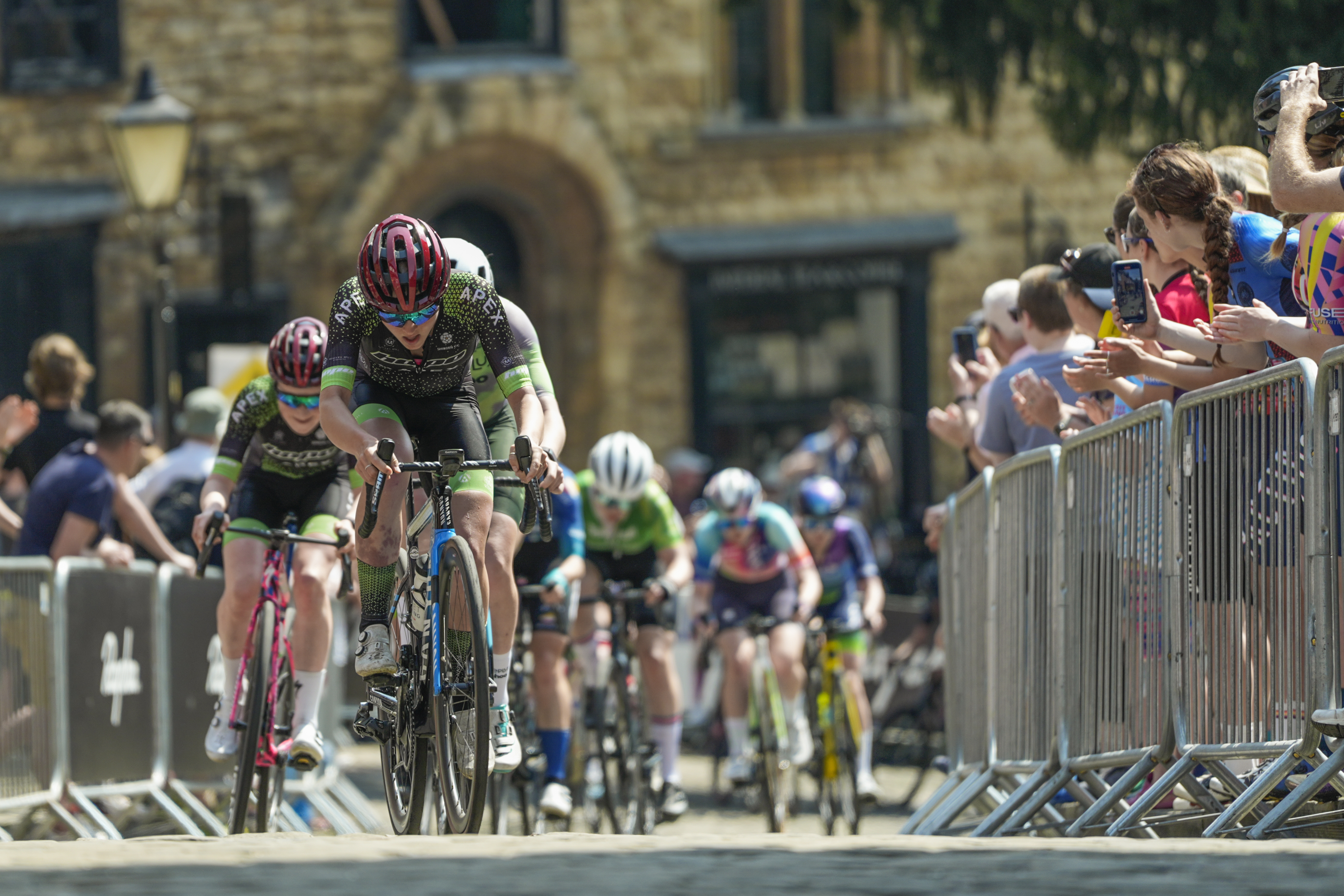 Rapha launches the Super-League, a new British road racing points competition
Rapha launches the Super-League, a new British road racing points competition16 events make up the Rapha Super-League, including crits and road races, with overall winners crowned
By Adam Becket
-
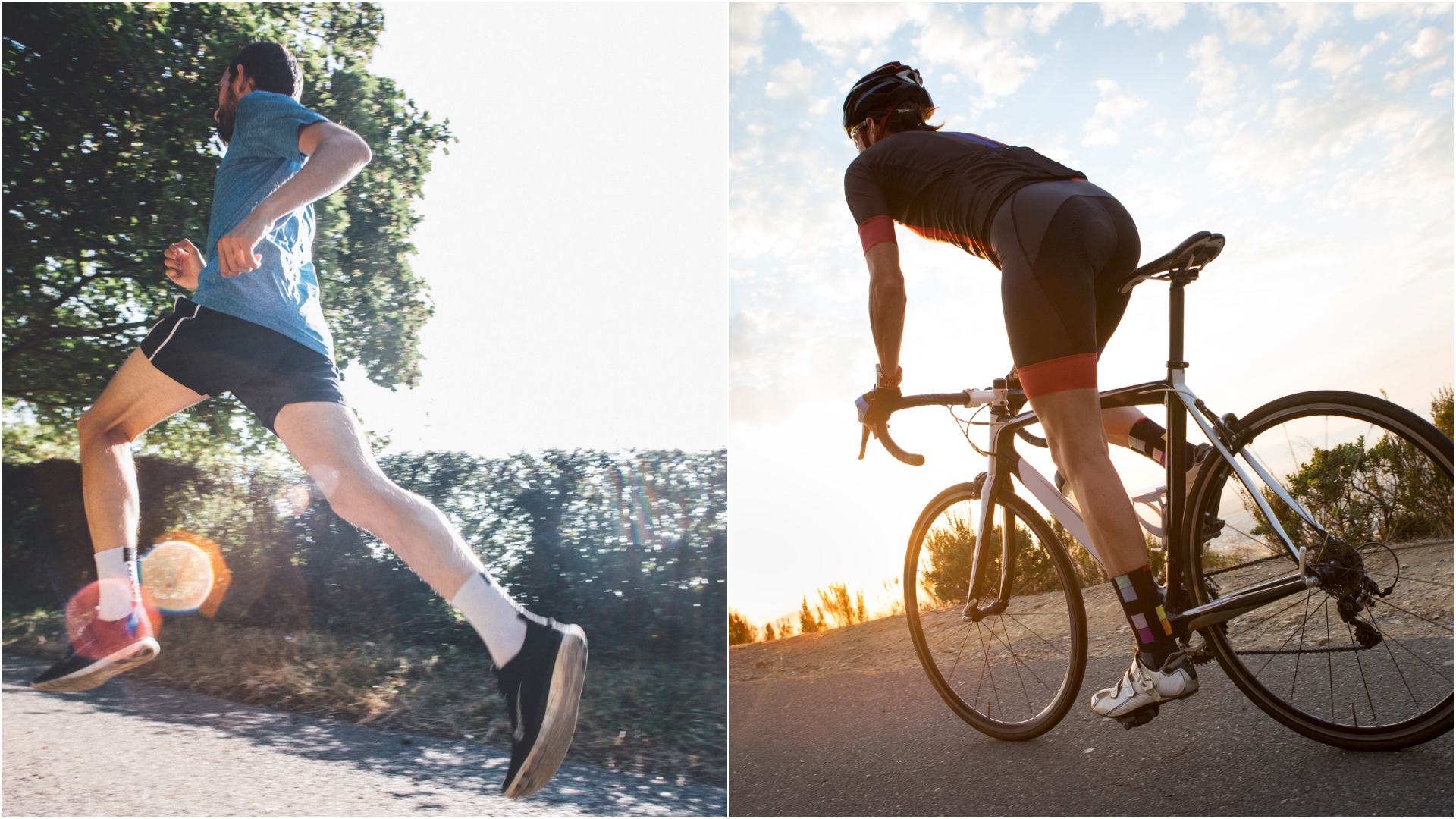 What is the biking equivalent of a 'couch to 5k' running challenge?
What is the biking equivalent of a 'couch to 5k' running challenge?Why it could be easier to train for a longer cycling event than a 30-minute run
By Caroline Dezendorf
-
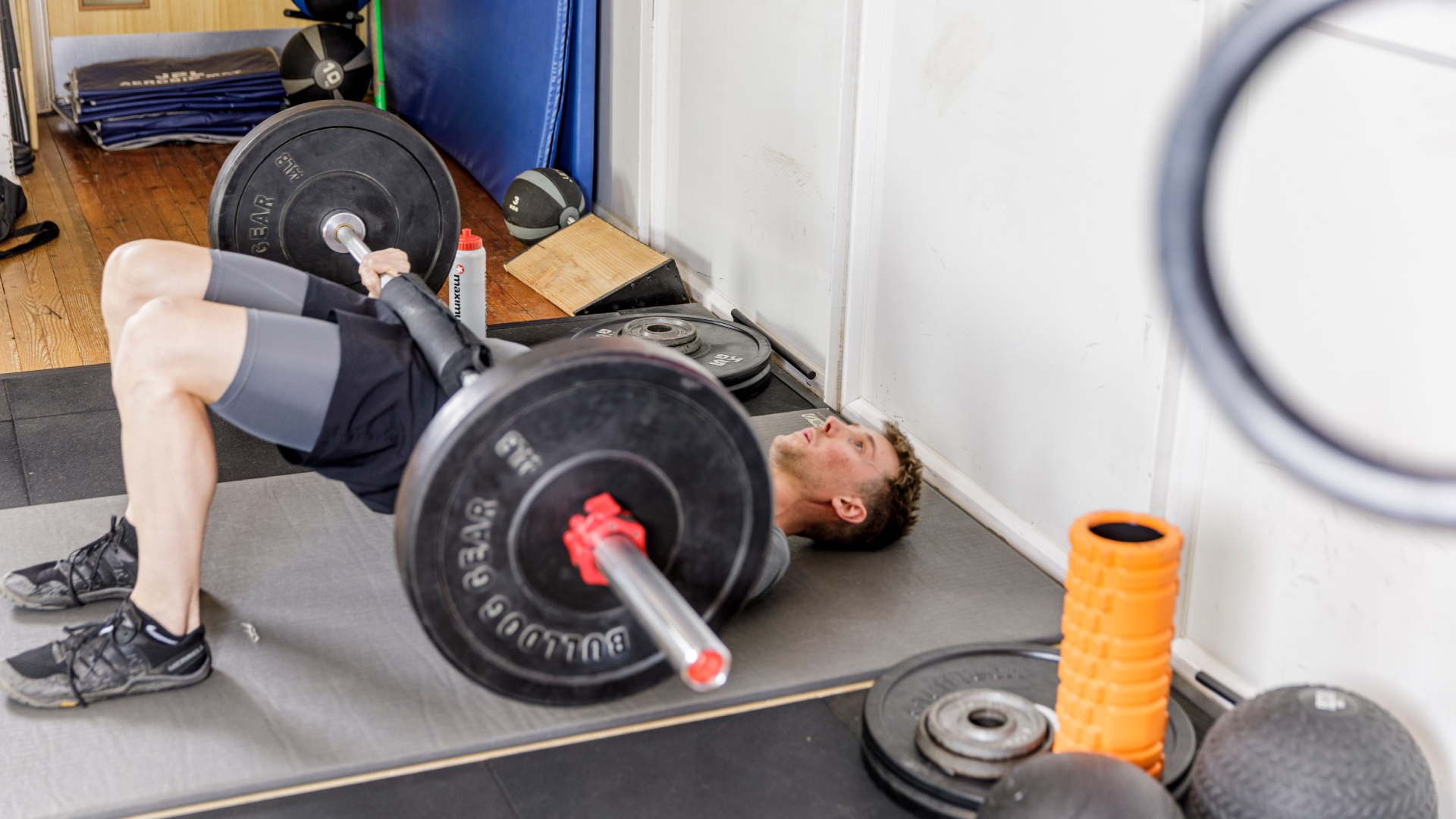 Does gym work really benefit your cycling fitness? Here’s how to mix up your training and reap the gains
Does gym work really benefit your cycling fitness? Here’s how to mix up your training and reap the gainsNo time for long winter miles outdoors but can’t face yet another turbo session either? Despair not! Coach Landry Bobo has an alternative winter plan to answer your prayers
By Landry Bobo
-
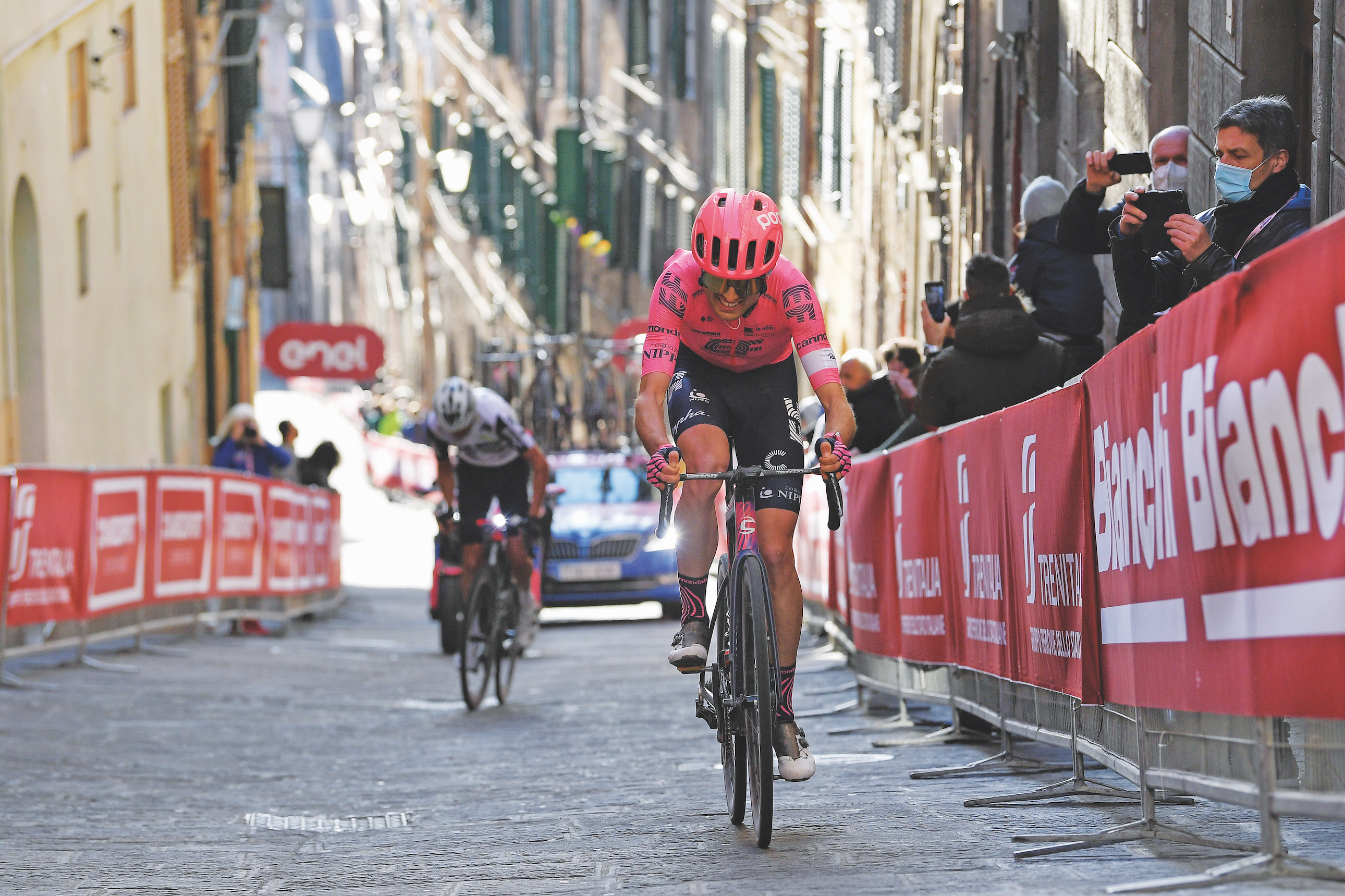 'I was able to pick and choose from two cycling cultures, French and English': Simon Carr on what formed him as a cyclist
'I was able to pick and choose from two cycling cultures, French and English': Simon Carr on what formed him as a cyclistThe dual-nationality rider on blending the best bits from two nations' cycling cultures
By David Bradford
-
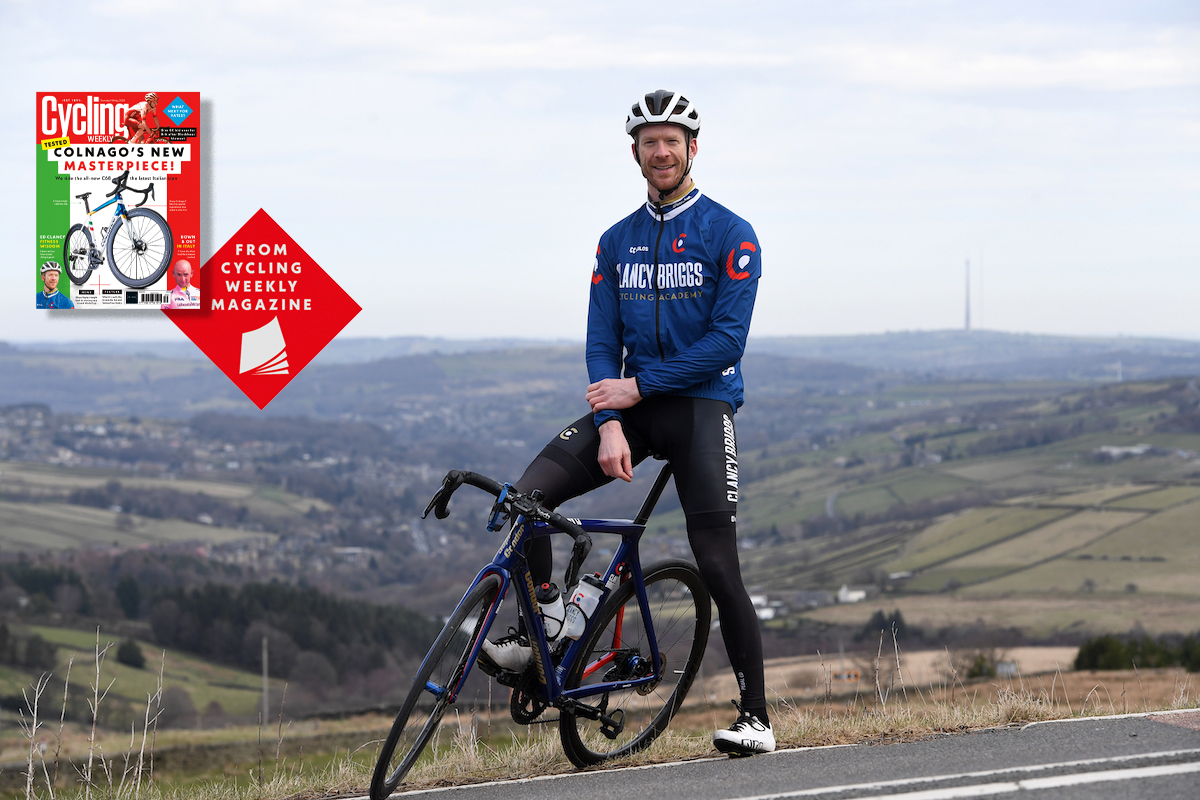 Ed Clancy on his peak power of 1,700 watts, not going to the gym, and his top fitness tips for you
Ed Clancy on his peak power of 1,700 watts, not going to the gym, and his top fitness tips for youMore than a decade competing at the top of cycling, with three Olympic gold medals to his name, Ed Clancy passes on some essential fitness advice
By Chris Marshall-Bell
-
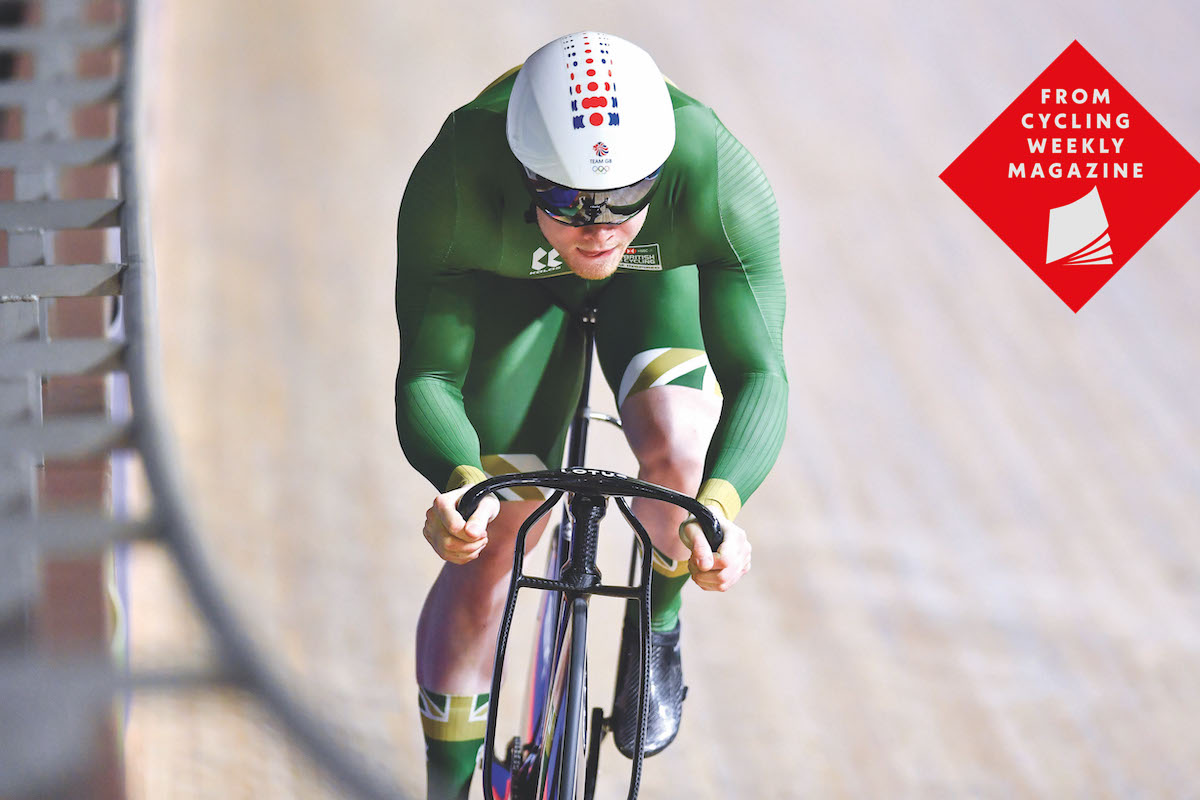 'I've always been able to empty myself to the point of throwing up': Jack Carlin on what makes a great sprinter
'I've always been able to empty myself to the point of throwing up': Jack Carlin on what makes a great sprinterThe GB sprint ace talks us through what it takes to go very, very fast over the shorter distances on the track
By David Bradford
-
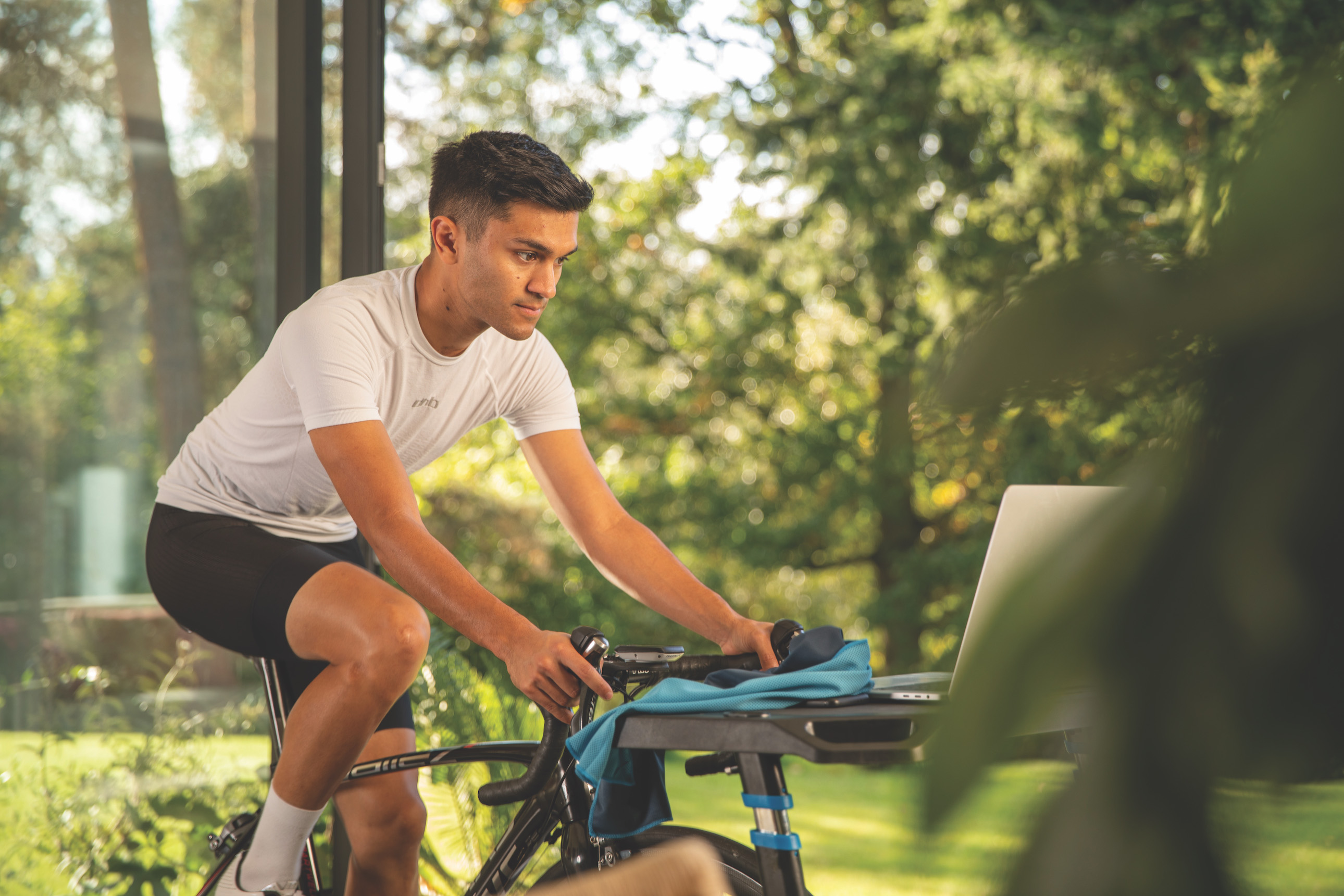 Lab to living room: How to benchmark your cycling fitness at home
Lab to living room: How to benchmark your cycling fitness at homePhysiological testing is no longer the preserve of the sports science lab. Hill-climb champion and coach Tom Bell explains how to measure your key benchmarks from the (dis)comfort of your home
By Tom Bell
-
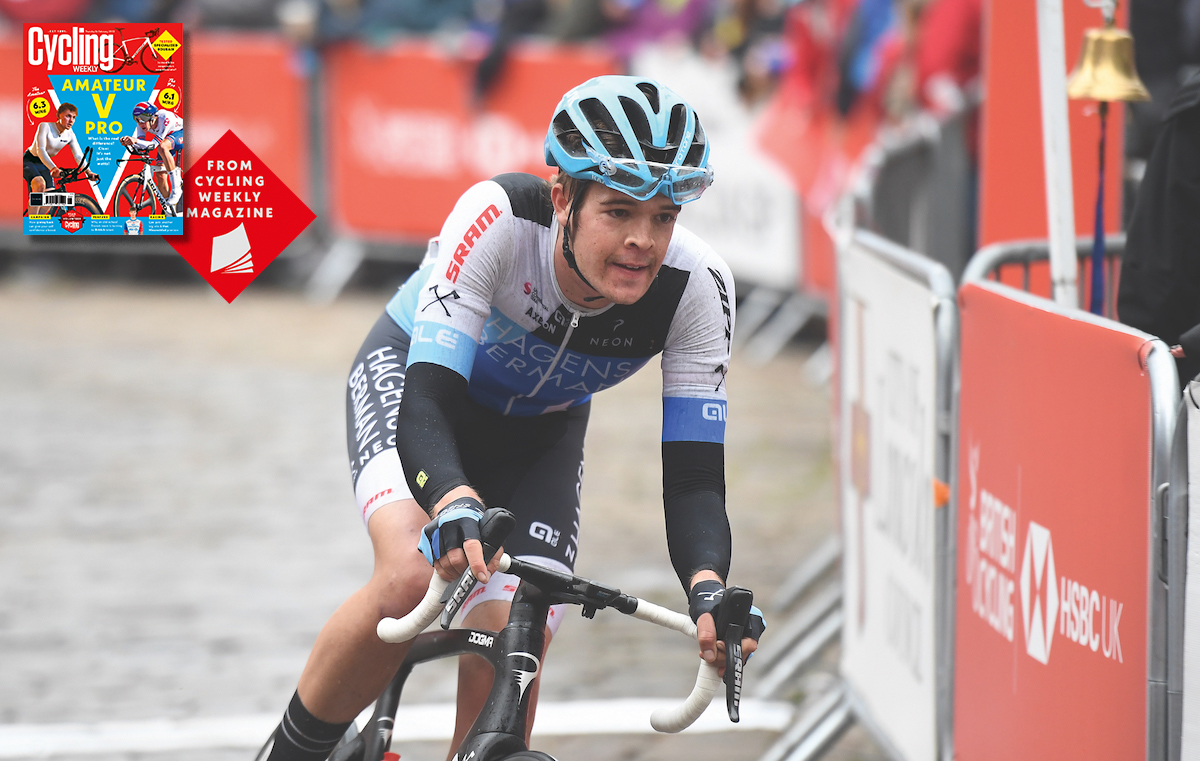 How many watts does it take to beat a pro cyclist?
How many watts does it take to beat a pro cyclist?What’s your dream threshold? Four, five, maybe even six watts per kilo… At what point does the target number become impossible except for pros? Joe Laverick finds out
By Joe Laverick
-
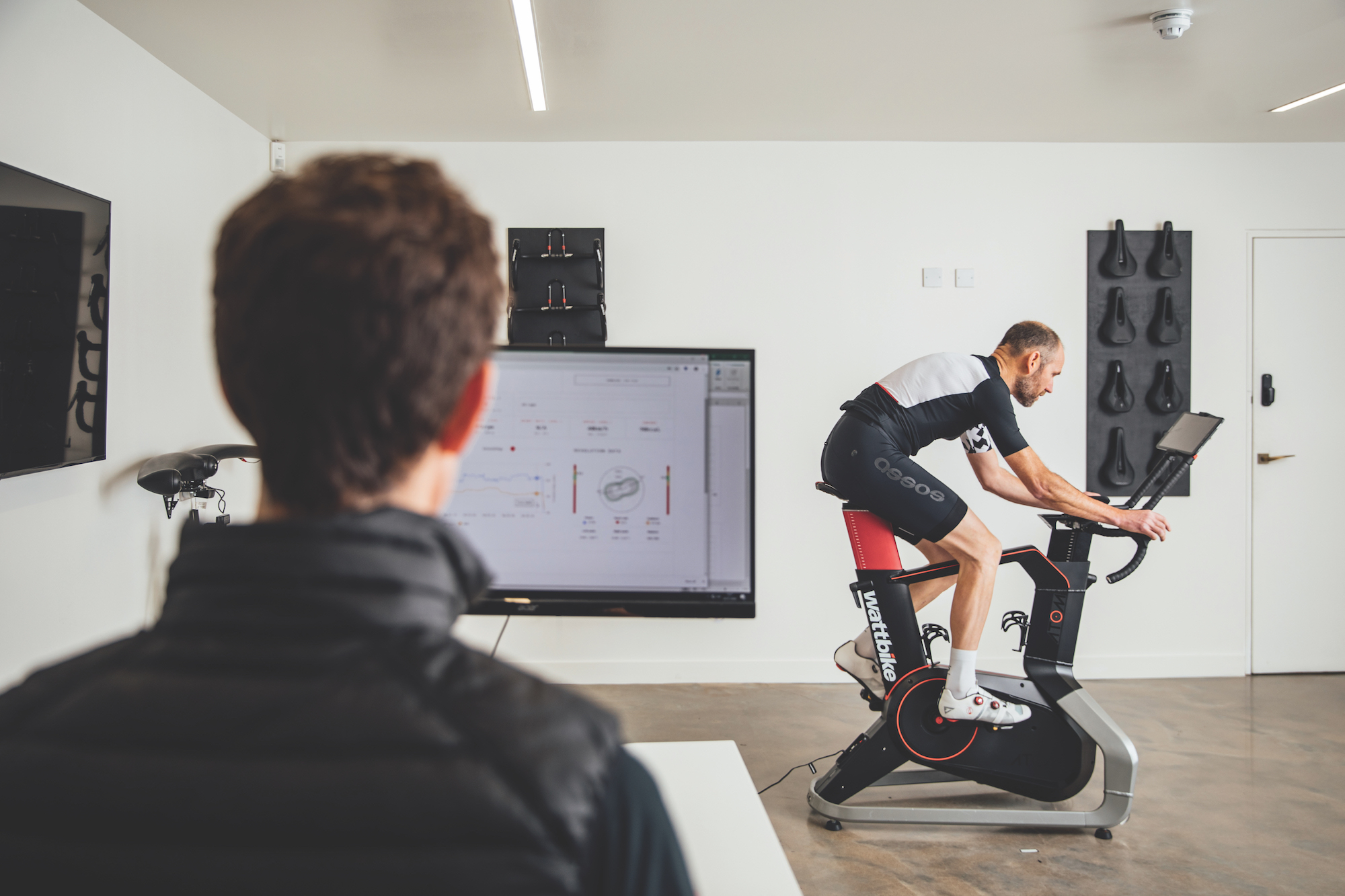 Is better pedalling really the next big wellspring of untapped watts?
Is better pedalling really the next big wellspring of untapped watts?Eager to substantiate his souplesse, Simon Smythe gets his pedal stroke analysed by an expert
By Simon Smythe